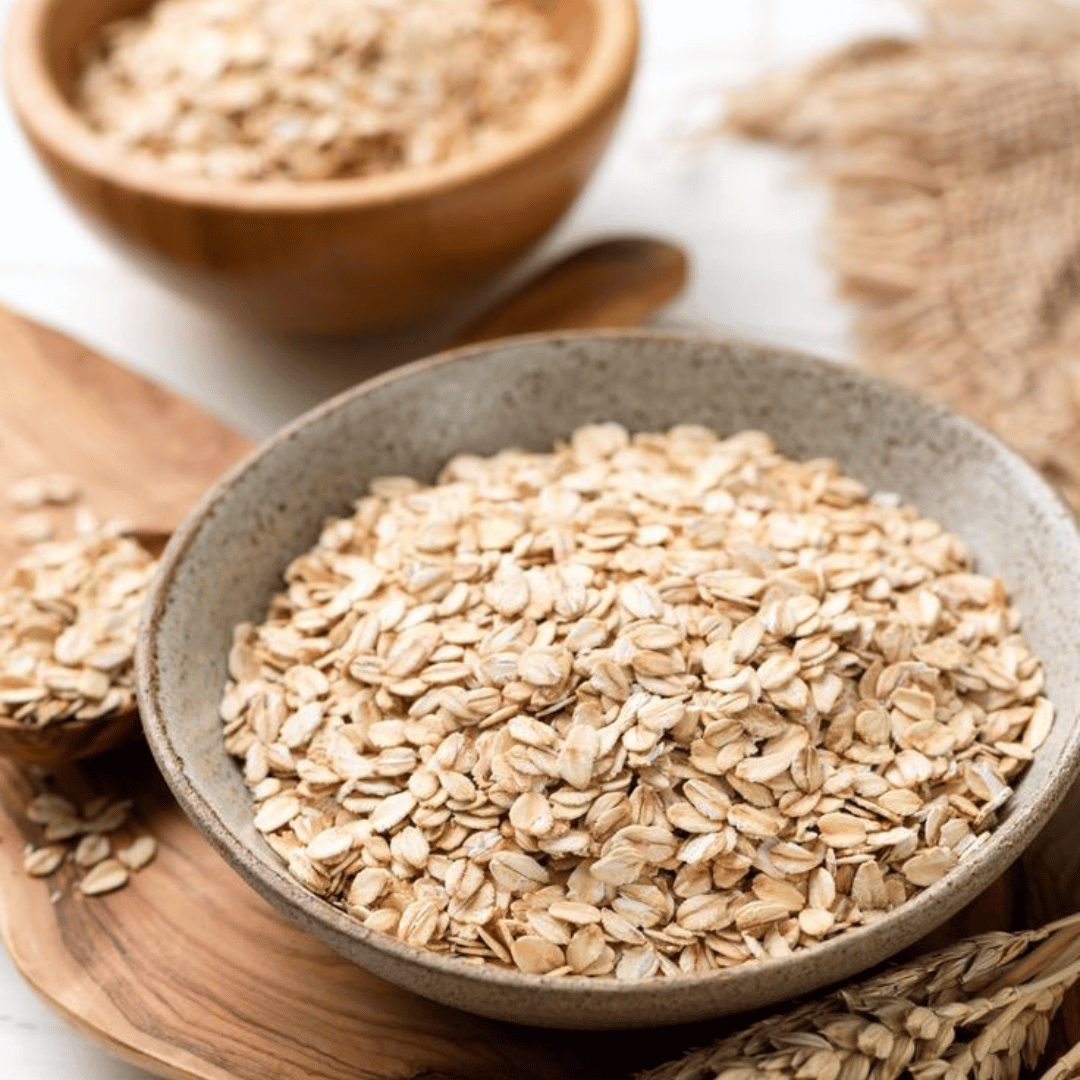During pregnancy, dietary choices become significantly crucial, and walnuts, also known as "akhrot," often emerge as a popular choice due to their nutritional richness. Exploring the benefits and potential concerns surrounding the consumption of walnuts during this sensitive period is essential for expectant mothers. Let's navigate through the advantages and considerations associated with incorporating walnuts into a pregnancy diet.
Cracking Open the Goodness: Akhrot's Pregnancy Nutritional Bounty
Walnuts, or akhrot, are packed with essential nutrients that can benefit both the mother and the developing baby during pregnancy:
- Omega-3 Fatty Acids: Walnuts are a rich source of omega-3 fatty acids, particularly alpha-linolenic acid (ALA), crucial for the baby's brain development and vision.
- Protein Content: These nuts are abundant in protein, supporting the mother's tissue repair and fetal growth.
- Vitamins and Minerals: They contain essential vitamins like folate, important for preventing birth defects, and minerals such as magnesium and potassium, aiding in maintaining proper blood pressure levels.
- Fiber Richness: The high fiber content aids in preventing constipation, a common issue during pregnancy, and promotes better digestion.
- Antioxidants: Walnuts are packed with antioxidants that help combat oxidative stress, supporting overall maternal health.
Incorporating walnuts into a balanced diet during pregnancy can contribute significantly to meeting nutritional requirements. However, moderation is key due to their high-calorie content. Always consult with a healthcare provider before making significant dietary changes during pregnancy.
Cracking the Code: Navigating Walnut Safety During Pregnancy
While walnuts offer numerous benefits during pregnancy, certain considerations and safety measures should be acknowledged:
- Moderation is Key: Although packed with nutrients, walnuts are calorie-dense. Overindulgence might lead to excessive weight gain. Consume them in moderation as part of a balanced diet.
- Potential Allergies: Allergies to nuts are common. If you have a history of nut allergies or sensitivities, consult your healthcare provider before including walnuts in your diet.
- Careful Handling: Walnuts are prone to mold growth, potentially producing aflatoxins—a harmful compound. Opt for fresh, properly stored walnuts to minimize this risk.
- Consult Your Doctor: Prioritize discussions with your healthcare provider before integrating walnuts into your pregnancy diet. They can provide personalized advice based on your health history and current condition.
- Digestive Sensitivity: Some might experience digestive discomfort due to the high fiber content in walnuts. Start with small portions and observe how your body reacts.
- Quality Matters: Choose high-quality, unsalted, and unprocessed walnuts. Avoid those with added preservatives or flavorings.
- Pregnancy-Specific Supplements: Don't solely rely on walnuts for essential nutrients. Incorporate a variety of foods and consider prenatal supplements as recommended by your healthcare professional.
Being mindful of these considerations ensures the safe consumption of walnuts, maximizing their benefits while minimizing potential risks during pregnancy.
Nutty Journey: Akhrot's Odyssey Through Pregnancy Stages
Throughout different pregnancy stages, walnuts play varying but essential roles in supporting maternal and fetal health. In the first trimester, these nuts offer a potent mix of nutrients crucial for the early development of the baby. Their rich content in Omega-3 fatty acids aids in brain and visual development. As the pregnancy progresses into the second trimester, walnuts contribute to bone and tissue development, providing essential vitamins and minerals like calcium and iron. In the final trimester, the Omega-3s support the baby's neurological and cognitive growth, while the antioxidants present in walnuts aid in overall immunity. Therefore, incorporating walnuts throughout pregnancy stages provides a consistent supply of vital nutrients crucial for the baby's growth and the mother's well-being. The role of walnuts varies across pregnancy stages:
First Trimester:
- Nutrient Source: During this crucial period of fetal development, walnuts offer essential nutrients like folate and omega-3 fatty acids, crucial for the baby's neural tube development.
- Morning Sickness: Mild snacking on walnuts might help curb nausea owing to their protein content.
Second Trimester:
- Brain Development: Omega-3 fatty acids in walnuts aid in brain and eye development, benefiting the growing fetus.
- Energy Boost: The protein and healthy fats in walnuts offer sustained energy, combating fatigue often experienced in this trimester.
Third Trimester:
- Healthy Fats: The fats in walnuts assist in the baby's brain and nervous system development.
- Reduced Risk of Allergies: Some studies suggest that maternal nut consumption might reduce the risk of allergies in babies.
Understanding how walnuts cater to the nutritional needs in each trimester allows expectant mothers to incorporate them effectively into their diets, reaping maximum benefits for both themselves and their babies.
Cracking the Shell: Separating Walnut Myths from Pregnancy Realities
Walnuts, known as "Akhrot" in some regions, are a powerhouse of nutrients often celebrated for their health benefits. During pregnancy, the considerations surrounding food choices become paramount. Exploring the virtues and misconceptions about walnuts during this crucial period is essential. Let's delve into the nuances of incorporating this nutrient-rich nut into a pregnancy diet for a healthier journey toward motherhood.
Myth: Walnuts can cause allergies in babies.
Reality: Unless there's a family history of nut allergies, moderate walnut consumption during pregnancy might reduce the risk of allergies in infants.
Myth: Walnuts are harmful due to their high fat content.
Reality: The healthy fats in walnuts, like omega-3 fatty acids, support fetal brain and eye development. They are beneficial when consumed in moderation.
Myth: Walnuts lead to weight gain during pregnancy.
Reality: While walnuts are calorie-dense, their consumption in controlled portions can aid in providing essential nutrients without causing weight gain.
Myth: Walnuts cause digestive issues during pregnancy.
Reality: Walnuts' fiber content can actually aid in preventing constipation, a common issue during pregnancy, promoting healthy digestion.
Myth: Walnuts should be completely avoided during pregnancy.
Reality: Unless there are allergies or advised restrictions, moderate consumption of walnuts can be beneficial owing to their nutrient profile.
Understanding the realities dispels unfounded fears, allowing pregnant individuals to include walnuts wisely in their diets for added health benefits.
Walnut Wonders: Nutritious Recipes for Expecting Moms
When it comes to pregnancy nutrition, incorporating walnuts, also known as "akhrot," can offer a powerhouse of benefits for expectant mothers. Let's explore these nutritious nuts, from their health advantages to culinary versatility during this crucial phase.
1. Walnut and Banana Smoothie
Ingredients:
- Blend walnuts, banana,
- Greek yogurt
- A splash of honey
- Ahandful of spinach for added nutrition.
Preparation:
- Combine all the ingredients in a blender until smooth.
- Adjust consistency with water or milk as desired.
2. Walnut and Fruit Salad
Ingredients:
- Mix walnuts with a variety of chopped fruits like apples, strawberries, oranges, and grapes.
- Add a touch of lemon juice for zest.
Preparation:
- Toss the fruits and walnuts together, squeeze the lemon juice, and gently mix.
- Serve chilled.
3. Baked Walnut-Crusted Chicken Tenders
Ingredients:
- Crush walnuts into crumbs, and mix with breadcrumbs and spices.
- Dip chicken tenders in egg wash, then coat with the walnut mixture.
Preparation:
Bake in the oven until golden brown and cooked through.
These recipes offer a delicious way to incorporate walnuts into your diet during pregnancy while ensuring safety and nutrition. Remember to consult with your healthcare provider for dietary advice specific to your pregnancy.
Sealing the Nutty Journey: Embracing Akhrot for a Healthy Pregnancy
In the enchanting journey of pregnancy, walnuts become an essential ally, packing a punch of nutrients for expectant mothers. But beyond being a brand, A Toddler Thing signifies a dedication to sustainable parenting. Immerse yourself in their product range to not only nurture your baby's well-being but also contribute to the planet's welfare. Explore their eco-conscious solutions and premium care options, making strides towards a sustainable and vibrant future. Cheers to embracing wholesome choices for your baby and the environment with A Toddler Thing!



